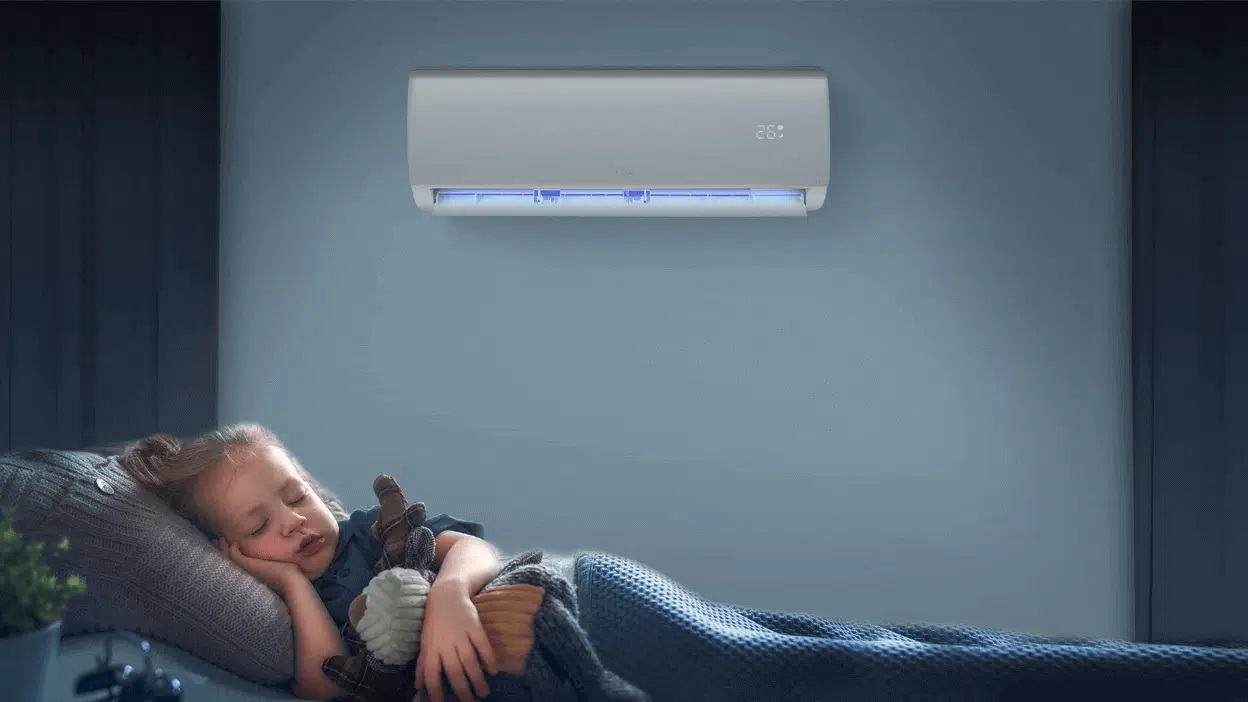

Articles
How To Make AC Quieter
Modified: January 9, 2024
Discover effective techniques and tips in our latest articles on how to make your AC quieter. Improve your home's comfort and reduce noise pollution.
(Many of the links in this article redirect to a specific reviewed product. Your purchase of these products through affiliate links helps to generate commission for Storables.com, at no extra cost. Learn more)
Introduction
When the summer heat becomes unbearable, an air conditioner is a lifesaver, providing us with cool and comfortable indoor environments. However, while the soothing hum of an air conditioner can be music to our ears, excessive noise can be a nuisance that disrupts our peace and relaxation. If you find yourself struggling with a noisy air conditioner, fret not, as there are several steps you can take to make it quieter.
In this article, we will explore the causes of air conditioner noise and provide you with practical tips to reduce the noise levels. Whether you want to enjoy a peaceful night’s sleep or maintain a quiet working environment, these techniques will help you create a more serene atmosphere within your space.
Before diving into the solutions, let’s take a moment to understand the different types of air conditioner noise you might encounter.
Key Takeaways:
- Regular maintenance and cleaning are essential for reducing air conditioner noise. Keep components clean, lubricated, and in good condition to ensure smooth operation and minimize excessive noise.
- Proper insulation, noise-canceling materials, and soundproofing curtains or panels can effectively reduce air conditioner noise, creating a quieter and more comfortable environment.
Read more: How To Make Computer Fan Quieter
Understanding Air Conditioner Noise
When it comes to air conditioner noise, it’s important to differentiate between normal operational sounds and excessive or problematic noise. Air conditioners produce various sounds during their operation, which can be classified into two categories: airborne noise and structure-borne noise.
Airborne noise refers to the sounds that are transmitted through the air. This includes the sound of the fan, the compressor, and the air movement. These noises are typically generated by the mechanical components of the air conditioner and can vary in intensity depending on factors such as the age and condition of the unit.
Structure-borne noise, on the other hand, is the vibration and resonance that is transmitted through the structure of the building. This can be caused by the air conditioner itself or by the ductwork, pipes, or walls that the vibrations travel through. Structure-borne noise is usually perceived as a low-frequency humming or vibrating sound.
Understanding the different types of air conditioner noise can help you pinpoint the source of the problem and take appropriate measures to address it. Now, let’s take a look at some of the common causes of air conditioner noise.
Causes of Air Conditioner Noise
Several factors can contribute to the noise produced by an air conditioner. Here are some of the most common causes:
- Old or worn-out components: Over time, the various components of an air conditioner, such as the fan motor, compressor, and blower wheel, can wear out and become noisy. This is especially true for older units that have been in use for many years.
- Lack of maintenance: A lack of regular maintenance can lead to the accumulation of dirt, dust, and debris in the air conditioner’s components. This can cause the system to work harder and produce more noise.
- Improper installation: If the air conditioner was not installed correctly, it can result in vibrations and rattling noises. This can be due to loose parts, poor insulation, or improper placement of the unit.
- Loose or damaged components: Loose fan blades, screws, or panels can create rattling or banging noises when the air conditioner is running. Damaged components, such as bent fan blades or a worn-out compressor, can also contribute to excessive noise.
- Inadequate insulation: Insufficient insulation around the ductwork or within the walls can allow noise to propagate more easily, making it more noticeable inside your living or working space.
Identifying the specific cause of the noise will help you determine the most effective solution. In the next section, we will explore how to assess the noise level of your air conditioner.
Assessing the Noise Level
Before you take steps to reduce the noise produced by your air conditioner, it’s helpful to assess the noise level and determine whether it’s within an acceptable range. Here’s how you can do that:
- Listen for unusual or excessive noise: Pay attention to the sounds your air conditioner emits. If you notice any strange or excessively loud noises, try to identify the source.
- Compare with manufacturer’s specifications: Consult the manufacturer’s specifications or user manual to find the acceptable noise levels for your specific air conditioner model. This will give you a benchmark to compare the actual noise level against.
- Take note of the noise level at different settings: Switch your air conditioner to different settings (e.g., low, medium, high) and assess the noise level at each setting. This will give you a sense of whether the noise is consistent or varies depending on the operation mode.
- Observe the impact on your daily activities: Consider how the noise from the air conditioner affects your daily activities, such as work, sleep, or leisure. If the noise is disruptive or bothersome, it may be an indication that steps should be taken to reduce it.
By evaluating the noise level of your air conditioner, you can determine whether it falls within an acceptable range or if further action needs to be taken. Now, let’s explore some tips for reducing air conditioner noise.
Tips for Reducing Air Conditioner Noise
If you’re bothered by the noise coming from your air conditioner, there are several steps you can take to reduce it. Here are some helpful tips:
- Regular Maintenance and Cleaning: Ensure that your air conditioner is well-maintained and clean by scheduling regular professional inspections. This includes cleaning or replacing air filters, lubricating moving parts, and checking for any loose or worn-out components. Regular maintenance can significantly reduce noise levels and improve the overall performance of your air conditioner.
- Proper Insulation: Improve the insulation around your air conditioning unit and ductwork. By adding insulation to the walls, floors, and ceilings around the unit, you can help reduce noise transmission. Additionally, insulating the ductwork can minimize structure-borne noise. Consider using acoustic duct insulation to further dampen sound transmission.
- Use Noise-Canceling Materials: Install noise-canceling materials around the air conditioner or in areas adjacent to it. These materials, such as acoustic foam or rubber mats, can absorb and dampen sound waves, reducing the overall noise level. Apply them to walls, floors, or panels surrounding the air conditioner to minimize noise transmission.
- Install Soundproofing Curtains or Panels: Hang soundproofing curtains or attach soundproofing panels to windows or walls near the air conditioner. These specially designed curtains or panels are made of dense materials that absorb and block sound waves. They can effectively reduce noise from entering or leaving the room.
- Replacing Old or Noisy Parts: If specific components of your air conditioner, such as the fan motor or compressor, are causing excessive noise, consider replacing them with newer, quieter models. Consult with a professional HVAC technician who can recommend quieter alternatives and ensure proper installation.
Implementing these tips will help you create a quieter and more comfortable environment. However, if the noise issue persists, it is advisable to consult with an HVAC specialist who can assess your specific situation and provide customized solutions.
Now, let’s conclude our discussion on reducing air conditioner noise.
Read more: How To Make Garage Door Quieter
Regular Maintenance and Cleaning
One of the most effective ways to reduce air conditioner noise is by ensuring regular maintenance and cleaning of your unit. Regular maintenance not only improves the efficiency and lifespan of your air conditioner but also helps to minimize noise levels. Here’s how you can maintain and clean your air conditioner:
- Cleaning or replacing air filters: Dirty or clogged air filters can restrict airflow and cause the air conditioner to work harder, resulting in increased noise. Clean or replace the air filters according to the manufacturer’s recommendations to keep them free from dust, dirt, and debris.
- Lubricating moving parts: Friction between moving parts can generate noise in your air conditioner. Regularly lubricate the motor, fan blades, and other moving components to reduce friction and eliminate squeaking or grinding noises.
- Tightening loose connections: Over time, vibrations and normal wear and tear can loosen electrical connections and fasteners in your air conditioner. Inspect and tighten any loose connections to minimize rattling or buzzing sounds.
- Cleaning the condenser coils: Dust and debris can accumulate on the condenser coils, hindering heat transfer and causing the air conditioner to work harder. Use a soft brush or vacuum cleaner to gently clean the coils and remove any obstructions.
- Checking for loose or worn-out components: Inspect your air conditioner for any loose or worn-out components, such as fan blades, screws, or panels. Tighten loose parts or replace damaged components to eliminate rattling or banging noises.
- Scheduling professional maintenance: While some maintenance tasks can be done by homeowners, it’s recommended to schedule professional maintenance at least once a year. HVAC technicians can thoroughly inspect and service your air conditioner, ensuring optimal performance and reducing noise levels.
By incorporating regular maintenance and cleaning into your air conditioner care routine, you can significantly minimize noise and improve the overall efficiency of your unit. Don’t forget to follow the manufacturer’s recommendations and consult with a professional if you encounter any major issues or concerns.
Regularly clean or replace the air filters in your AC unit to reduce noise caused by airflow restriction. This simple maintenance task can make a noticeable difference in the overall noise level of your AC.
Proper Insulation
Proper insulation is essential for reducing air conditioner noise and preventing sound transmission. By improving the insulation around your air conditioning unit and ductwork, you can effectively minimize noise levels. Here are some insulation tips to consider:
- Insulate the walls: Adding insulation to the walls surrounding your air conditioner can help block out noise. Consider using materials such as acoustic foam or soundproofing insulation to absorb and dampen sound waves. Install these materials in walls adjacent to the air conditioner to reduce noise transmission.
- Insulate the floors and ceilings: Similarly, insulating the floors and ceilings around the air conditioner can provide an extra layer of soundproofing. Use sound-dampening materials such as acoustic underlayment or ceiling tiles to minimize noise transmission from the air conditioner.
- Insulate the ductwork: Insulating the ductwork can play a significant role in reducing structure-borne noise. By wrapping the ducts with acoustic insulation, you can prevent noise vibrations from traveling through the ductwork and into your living or working space.
- Seal gaps and cracks: Inspect the area around your air conditioner for any gaps, cracks, or openings where noise can escape or enter. Use weatherstripping or caulk to seal these gaps and create a tighter seal. This will not only help reduce noise but also improve energy efficiency.
- Consider soundproofing materials: If noise is a persistent issue, you may opt for specialized soundproofing materials. Soundproof curtains or panels made of dense materials can be hung around windows or walls near the air conditioner to absorb and block sound waves.
Proper insulation not only reduces air conditioner noise but also improves thermal efficiency, resulting in energy savings. Consult with professionals or contractors experienced in soundproofing to determine the most appropriate insulation materials and techniques for your specific needs.
Next, let’s explore another tip for reducing air conditioner noise.
Use Noise-Canceling Materials
To further reduce air conditioner noise, you can incorporate noise-canceling materials into your space. These materials are designed to absorb and minimize sound waves, effectively reducing the overall noise level. Here are some noise-canceling materials to consider:
- Acoustic foam: Acoustic foam panels are popular for noise reduction applications. Made of open-cell foam, these panels are designed to absorb and dampen sound waves, reducing echo and reverberation. Place acoustic foam panels strategically near the air conditioning unit to minimize noise propagation.
- Rubber mats or isolators: Vibration and resonance within the air conditioner can contribute to its noise. By using rubber mats or isolators, you can isolate the unit from the floor or any other surface it may be in contact with. These materials absorb vibrations and reduce noise transmission through the structure.
- Mass-loaded vinyl (MLV): Mass-loaded vinyl is a dense and flexible material that can be used to create sound barriers. It is effective in blocking airborne noise and can be installed as a layer in walls or ceilings near the air conditioner. MLV can significantly reduce the noise transmitted through the structure.
- Soundproof curtains: Soundproof curtains are heavy curtains that contain multiple layers of dense fabric. They are a practical solution for reducing noise from the air conditioner. Hang soundproof curtains near windows or walls adjacent to the unit to prevent noise from entering or leaving the room.
- Acoustic wall panels: Acoustic wall panels are specifically designed to absorb sound waves and reduce noise reflections. These panels can be installed on walls surrounding the air conditioner to minimize the noise reverberating within the room.
When using noise-canceling materials, it’s essential to strategically place them to maximize their effectiveness. Experiment with different locations and configurations to find the best setup for reducing air conditioner noise in your space.
Remember, while noise-canceling materials can significantly reduce noise levels, they may not completely eliminate all sound. Consulting with professionals in acoustic design or sound engineering can help you select the most appropriate materials and optimize their placement for optimal noise reduction.
Let’s move on to the next tip for quieter air conditioning.
Install Soundproofing Curtains or Panels
If you’re seeking a practical and aesthetically pleasing solution to reduce air conditioner noise, consider installing soundproofing curtains or panels. These specially designed accessories can effectively absorb and block out sound waves, minimizing noise transmission. Here’s how you can utilize soundproofing curtains or panels:
- Choose dense and heavyweight curtains: Look for curtains made of dense materials such as velvet, heavy cotton, or even soundproofing fabric. These materials help absorb and dampen sound waves, reducing noise transmission. Avoid lightweight or sheer curtains, as they are not as effective in blocking noise.
- Cover windows or walls near the air conditioner: Hang the soundproofing curtains on windows or walls adjacent to the air conditioning unit. These curtains will act as a barrier, preventing noise from entering or leaving the room. Pay attention to the size and placement of the curtains to ensure maximum coverage.
- Consider soundproofing panels: Alternatively, you can install soundproofing panels on walls near the air conditioner. These panels are made of dense, noise-absorbing materials and can effectively reduce noise reflections within the room. Soundproofing panels come in various sizes and designs, allowing you to choose options that complement your space.
- Seal the edges: To optimize the effectiveness of soundproofing curtains or panels, ensure that the edges are properly sealed. Use curtain seals or weatherstripping tape to close any gaps along the edges, preventing noise leakage. This will enhance the sound-absorbing capabilities and minimize noise transmission.
- Combine with other noise reduction techniques: Soundproofing curtains or panels can be used in conjunction with other techniques, such as insulation or noise-canceling materials. By combining different approaches, you can achieve a synergistic effect in minimizing air conditioner noise.
Soundproofing curtains or panels not only reduce noise but also add a decorative element to your space. They come in a variety of colors, patterns, and styles, allowing you to blend them seamlessly into your existing décor.
When selecting soundproofing curtains or panels, pay attention to their Sound Transmission Class (STC) rating. A higher STC rating indicates greater soundproofing performance. Consult with professionals or retailers specializing in acoustics to find the best options for your specific needs and budget.
Now that we’ve explored the use of soundproofing curtains or panels, let’s move on to the final tip for reducing air conditioner noise.
Read more: How To Make Your Blender Quieter
Replacing Old or Noisy Parts
If your air conditioner is still producing excessive noise even after implementing the previous tips, it may be time to consider replacing old or noisy parts. Over time, certain components of an air conditioner, such as fan motors, compressors, or blower wheels, can wear out and become noisy. Here’s how you can address this issue:
- Identify the source of the noise: Before replacing any parts, try to identify the specific component or area that is causing the excessive noise. This can help pinpoint the issue and ensure that you replace the correct part.
- Consult with a professional HVAC technician: It is advisable to seek the assistance of a professional HVAC technician for diagnosing and replacing air conditioner parts. They have the expertise to accurately identify the cause of the noise and recommend suitable replacements.
- Replace worn-out fan motors: Fan motors are prone to wearing out over time, resulting in increased noise levels. If the fan motor is the source of the noise, consider replacing it with a new, quieter motor. Opt for high-quality, energy-efficient motors for optimal performance.
- Upgrade the compressor: The compressor is another component that can contribute to air conditioner noise. If the compressor is old or causing excessive noise, upgrading to a newer, quieter compressor can greatly reduce noise levels and improve overall performance.
- Replace worn-out blower wheels: The blower wheel is responsible for circulating air throughout the air conditioning system. If it becomes worn out or damaged, it can produce noise. Replacing the blower wheel with a new one can restore quiet operation.
It is important to note that replacing air conditioner parts should be done by a qualified HVAC technician. They can properly diagnose the issue, recommend suitable replacements, and ensure that the new parts are installed correctly.
Before deciding to replace any parts, consider the age and condition of your air conditioner. If your unit is quite old or if multiple components are causing noise, investing in a new, modern, and quieter air conditioner may be a more cost-effective and long-term solution.
By addressing and replacing old or noisy parts, you can significantly reduce air conditioner noise and enjoy a quieter living or working environment.
Now that we have covered the various tips for reducing air conditioner noise, let’s conclude our discussion.
Conclusion
Dealing with a noisy air conditioner can make your living or working space uncomfortable and disrupt your peace and tranquility. However, by implementing the tips and techniques discussed in this article, you can significantly reduce air conditioner noise and create a quieter environment.
Start by understanding the different types of air conditioner noise and assessing the noise level in your space. This will help you identify the specific causes of the noise and determine the most effective solutions.
Regular maintenance and cleaning of your air conditioner is crucial for minimizing noise. Keep the components clean, lubricated, and in good condition to ensure smooth operation and reduce excessive noise. Additionally, properly insulate your air conditioning unit and ductwork to prevent noise transmission.
Enhance noise reduction by using noise-canceling materials, such as acoustic foam, rubber mats, or mass-loaded vinyl. Install soundproofing curtains or panels to absorb and block out sound waves. If necessary, consider replacing old or noisy parts with newer, quieter alternatives.
Remember that seeking professional assistance from HVAC technicians or acoustics specialists can provide valuable guidance in diagnosing and addressing noise issues. They have the expertise to recommend the most suitable solutions for your specific situation.
Reducing air conditioner noise not only improves your comfort but also enhances your overall well-being. A quieter space allows for better sleep, focus, and relaxation. Additionally, it can help maintain a peaceful working environment, boosting productivity and concentration.
So, don’t let air conditioner noise ruin your enjoyment or productivity. Implement these tips and techniques to make your air conditioner quieter and create a more serene environment.
Remember, each situation may have unique factors contributing to noise, and it may require a combination of strategies to achieve optimal results. Experiment with different approaches and consult with professionals when necessary to find the best solution for your specific needs.
By taking proactive steps to address air conditioner noise, you can create a more peaceful and enjoyable environment for yourself and those around you.
Frequently Asked Questions about How To Make AC Quieter
Was this page helpful?
At Storables.com, we guarantee accurate and reliable information. Our content, validated by Expert Board Contributors, is crafted following stringent Editorial Policies. We're committed to providing you with well-researched, expert-backed insights for all your informational needs.
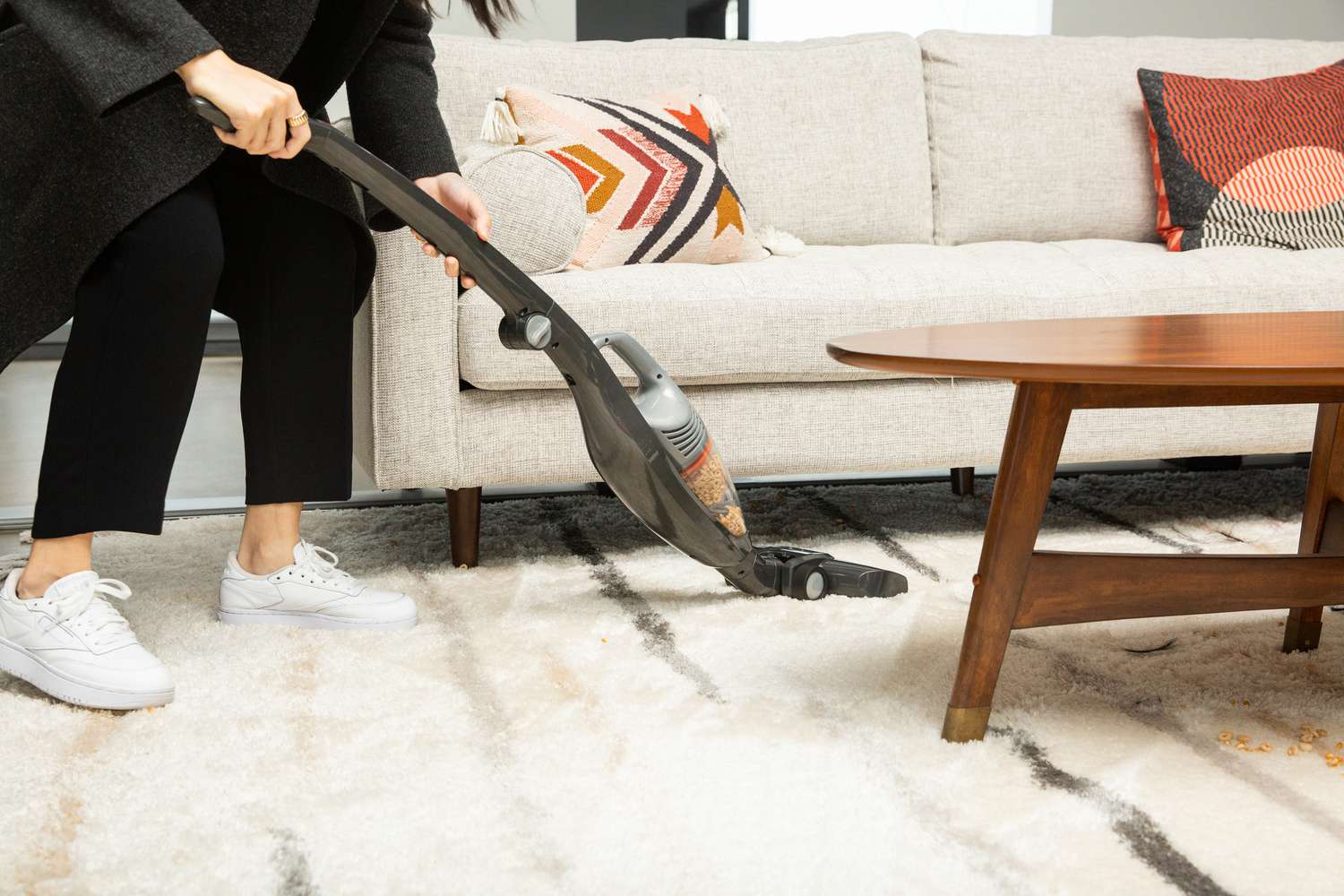
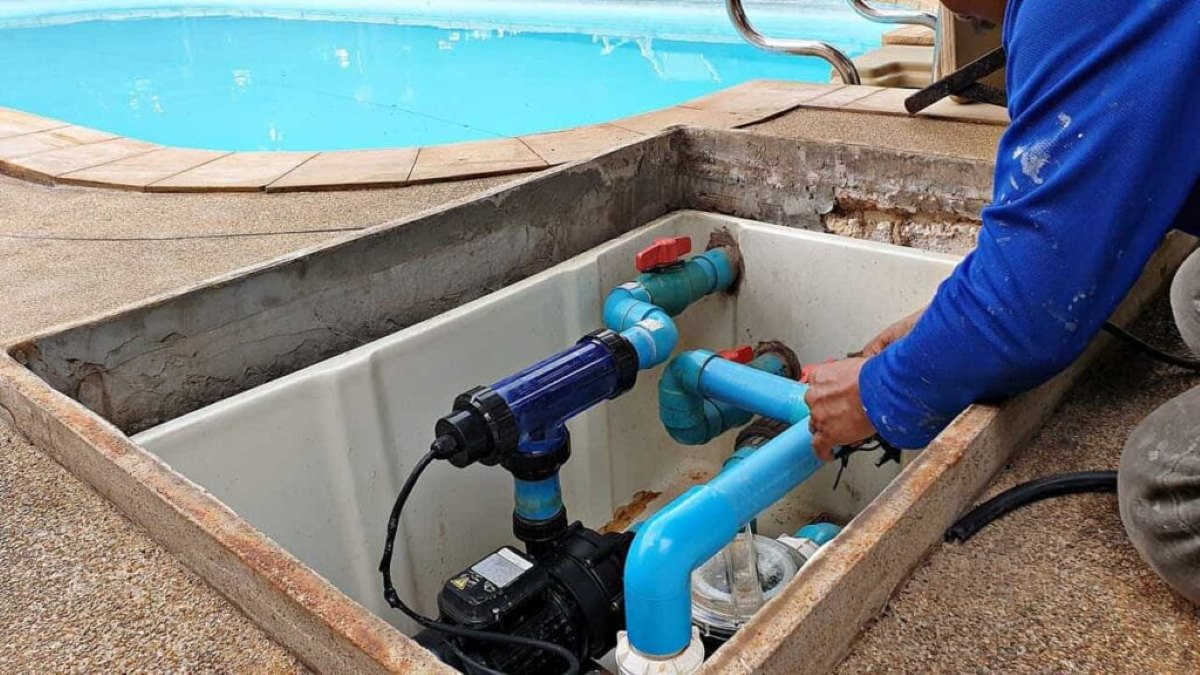

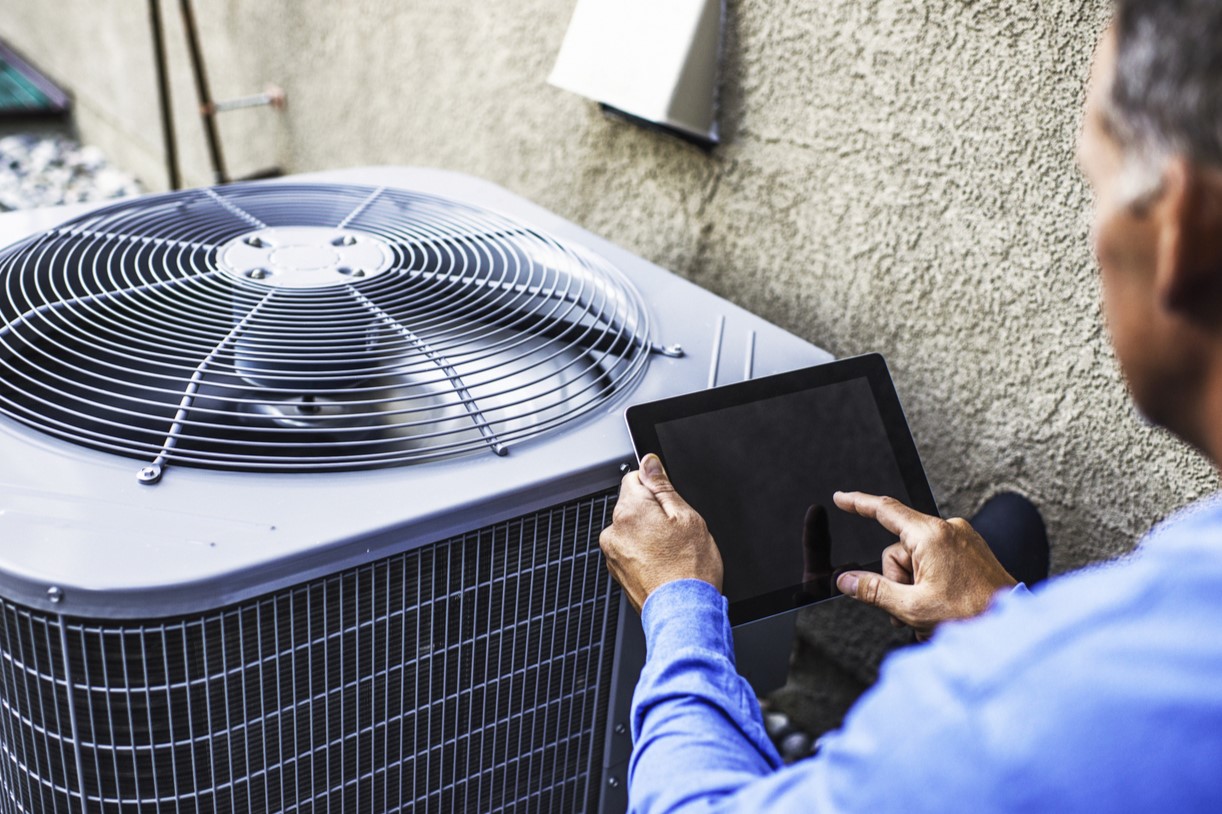
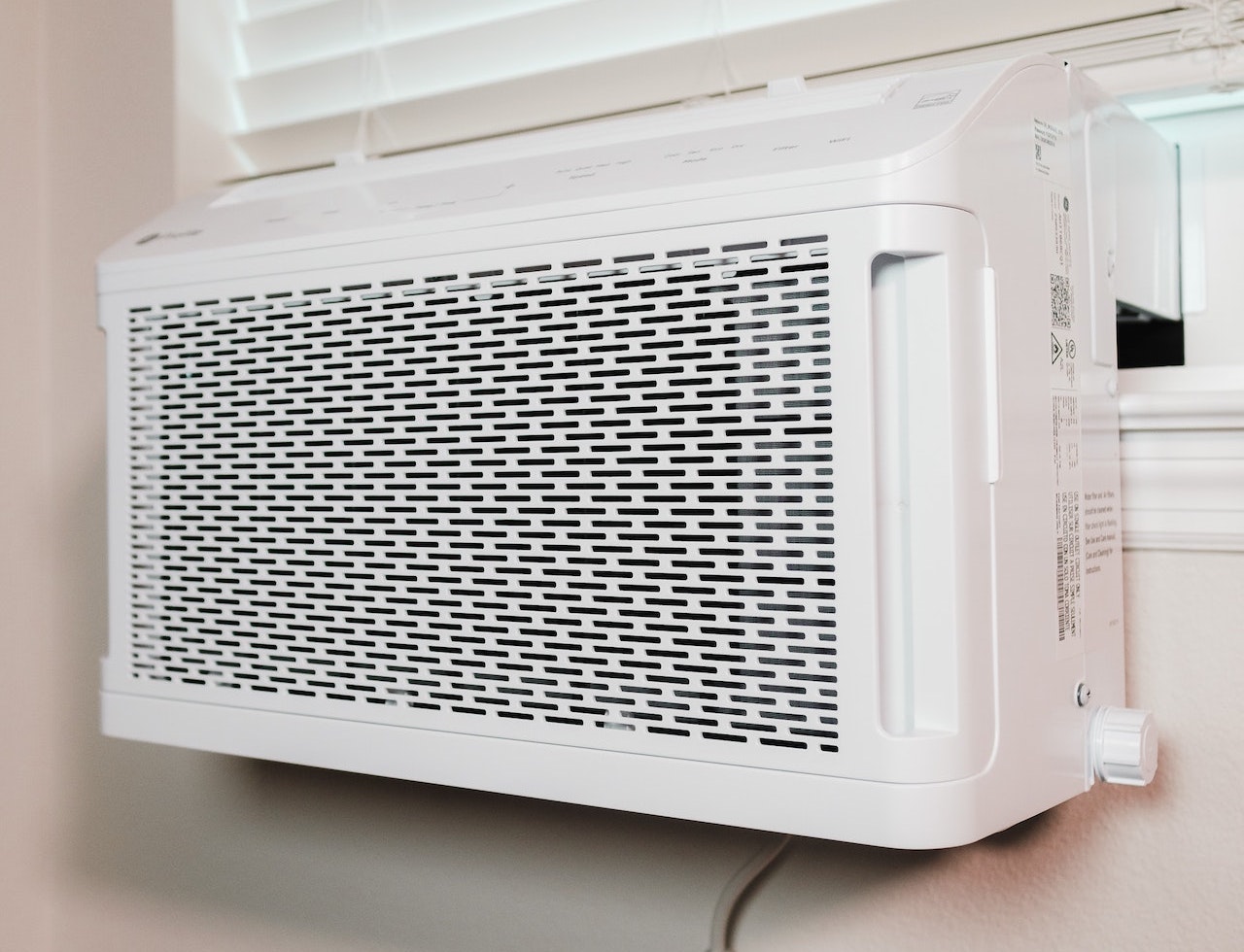
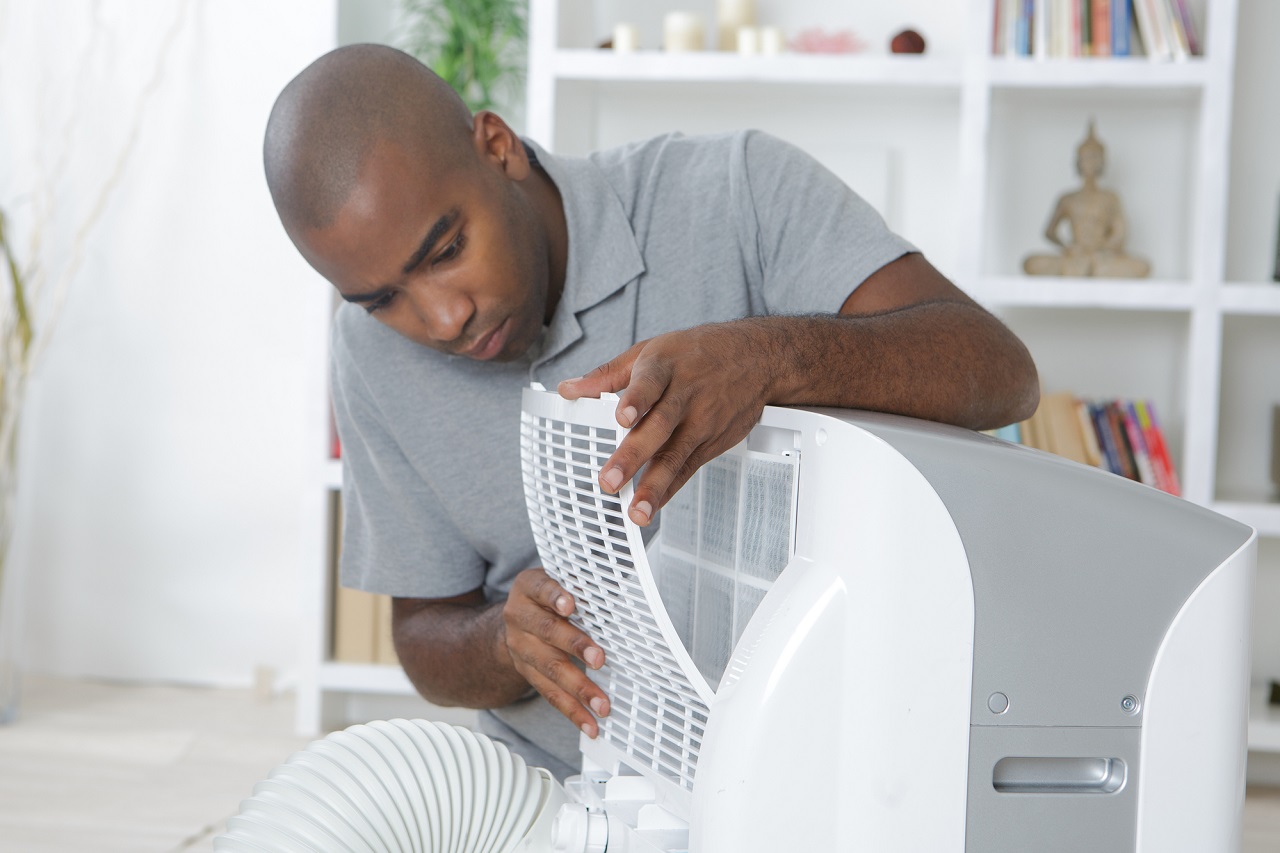

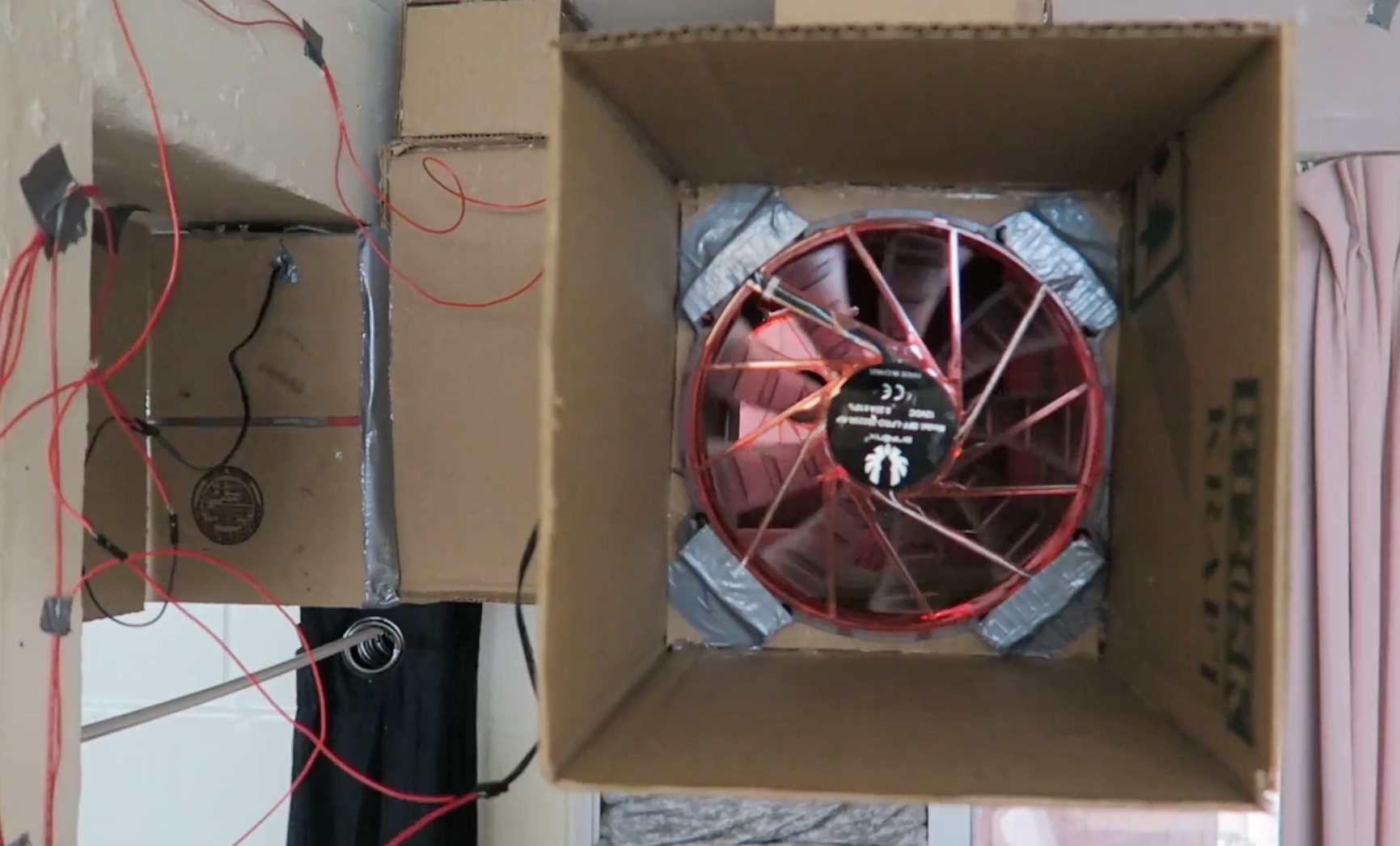

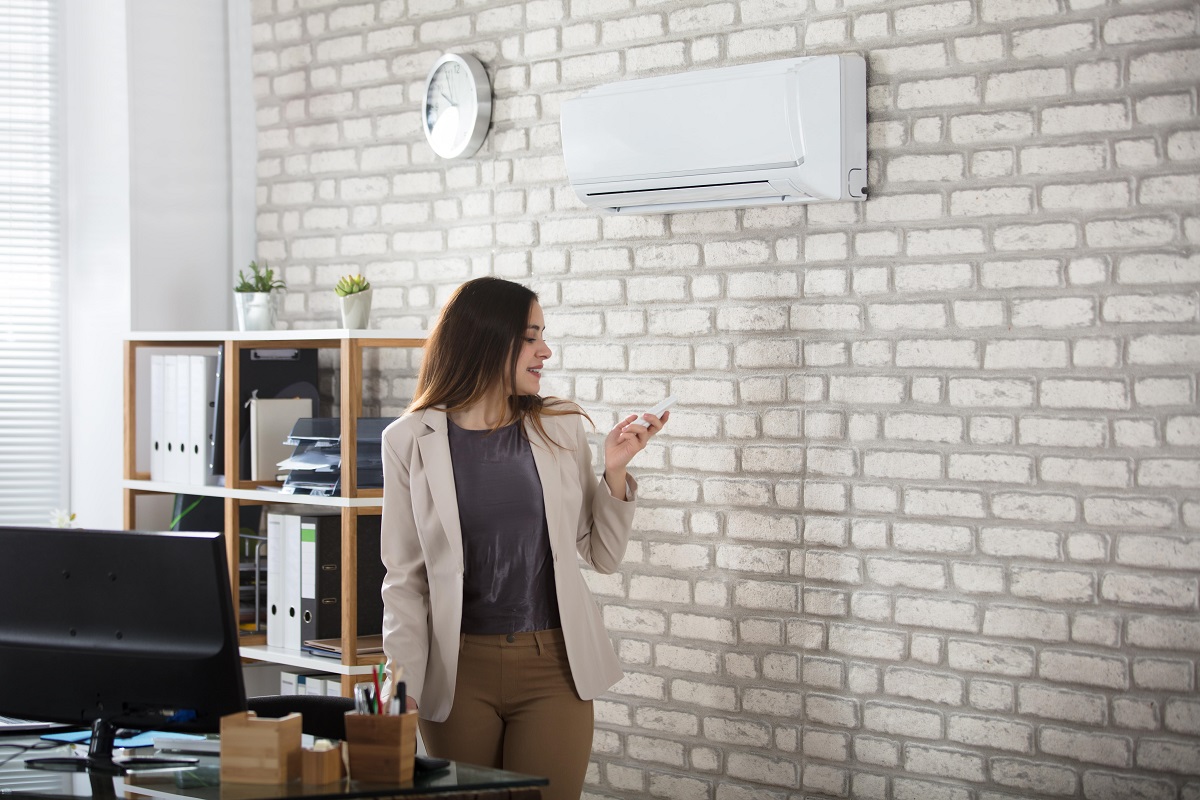
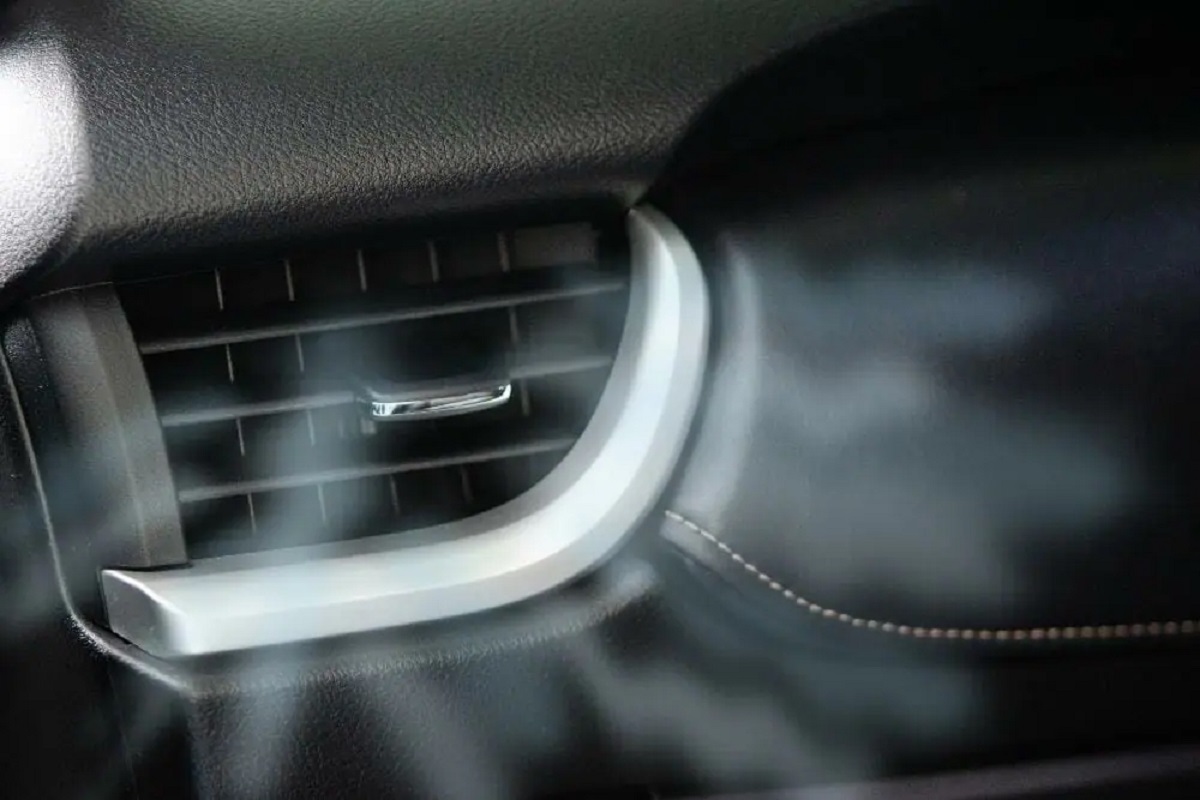
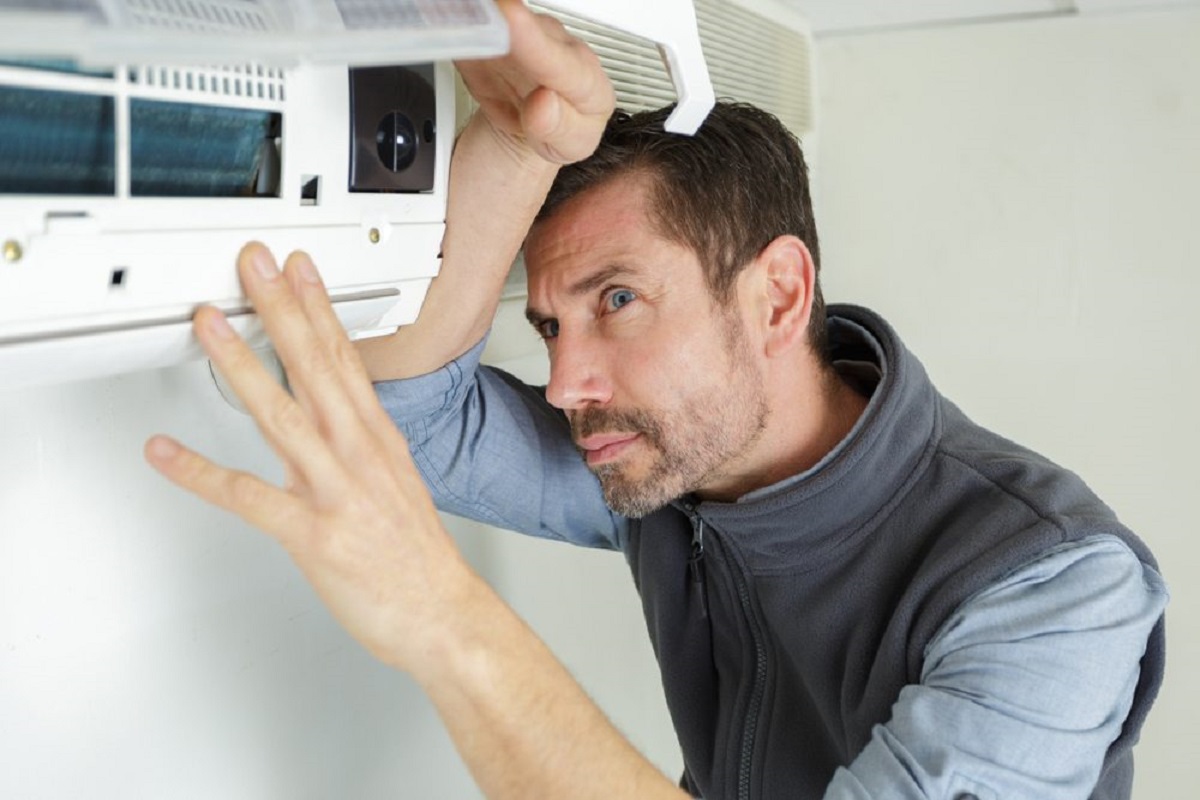
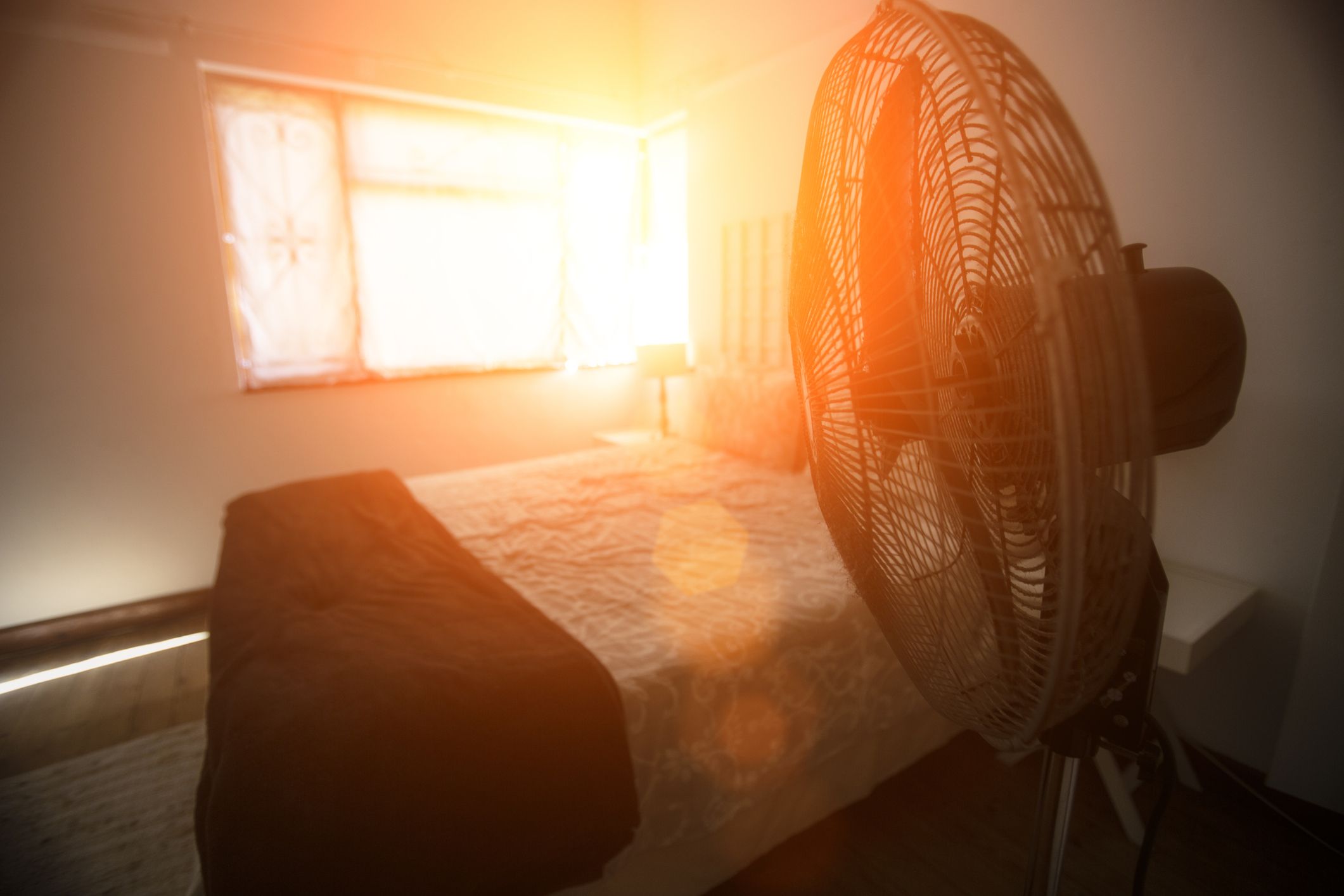

0 thoughts on “How To Make AC Quieter”